A few days ago I underwent my first ever medical surgery. Two hours after and for the next two days I went through one of the most excruciatingly painful experiences of my life. Although the operation was of the little finger on my right hand I must confess that to be cut open with a knife was not a joke at all. 6 days after, I am still carrying not just the physical evidence ( a heavily bandaged right hand that makes it look worse than it really is) but also the burden of responding to the endless inquiry and sympathy from everyone I have met since then. I have learned in 6 days how vitally important even the littlest part of the human anatomy is. One little finger has rendered me so physically ‘impotent’ that I was going to give up writing this weekend until Martin Davies, visiting from the UK, and aware of my recent work of re-assembling most of my writings since my playing days, suggested that, rather than leave my page blank with unanswered questions, I should entertain my readers with a pick of one of my earliest writings and publish. He told me that not many readers would know that I was the first Nigerian active football player to write regularly and maintain a weekly newspaper column in our history. It is incredible but also true that I started putting down my views, thoughts and reports in a newspaper in January 1979, inspired and encouraged to do so by my friend and former editor of the Sunday Tribune, Banji Ogundele.
So, I am heeding Martin’s suggestion and reproducing one of my earliest writings, a painful recollection of what happened on the day that we failed to deliver the Green Eagles to its first World Cup appearance when we had everything going for us and then messed it all up!
What really happened that day in 1977?
Why did the Green Eagles lose at home to Tunisia, in the very last match that would have taken the country to Argentina ’78?
I wrote the piece in 1979 even if it actually took place two years earlier. I wrote it whilst I was still actively involved in playing. I hope you will enjoy this painful experience recounted and slightly edited only because I am physically handicapped this week.
Culled from SUNDAY TRIBUNE, APRIL 1, 1979 RECOLLECTIONS OF BLACK SATURDAY.
Yes, Nigeria deserved what she got!
I slept until very late that fateful Saturday and as usual did not bother to go for breakfast. Some of us do not usually have breakfast on match days partly because we want to have our full share of rest and partly because the tension of the coming match ‘fills’ up all the empty crevices in our stomach. Furthermore, I usually come up earlier than usual. So most of us prefer to take “brunch”, a combination of breakfast and lunch.
On this ironically beautiful and sunny Saturday, two of my close friends from Ibadan came around, and together we decided to go for “brunch” around 12.30 pm. As fate would have it, we decided to walk the half kilometer distance to the canteen which is situated within the stadium complex premises. Most of my colleagues were already in the canteen on our arrival. Lunch went on normally until we noticed a large crowd gathering outside the canteen and making a lot of indiscernible chatter and noise. Although it was not usual for a crowd to gather and cheer us, it was when we saw the placards that we knew something was amiss. “NFA. Ole’. ‘ DOWN NIGERIA”. Some of the placards read. We were to learn that the gate fees for that historic and potentially explosive match had been hiked and were considered rather exorbitant. The crowd wanted the Eagles to protest to the NFA by threatening not to play or else be ready to face the consequences. Of course, we were powerless to do anything. But little did we know that the consequences of not complying would be so catastrophic. The agitating crowd later dispersed marching in a procession around the stadium and to the offices of the NFA, shouting abusive slogans in protest.
Meanwhile, as we walked back towards our camp at the National Institute of Sports hostels, we noticed that the crowd which initially numbered about fifty had gathered additional massive support and had increased to hundreds of spectators seen all over the place showing their anger and disgust at this “exploitation” at a time when the NFA should really be thinking of how to mobilize the people into a united force instead of concentrating on making as much money as possible from the soccer crazy fans. Meanwhile, the demonstration gained momentum. Thousands of prospective spectators who at first were not party to the protest saw this as an opportunity to hit back at the NFA. They all refused to buy tickets to go into the stadium. Disorderliness became the order of the day and all of a sudden pandemonium erupted. Like a time bomb, missiles started flying around, raining down on innocent people including members of the Green Eagles as we ran for dear life. “Down Eagles, Up Tunisia”, the crowd chanted. Confusion broke out – people ran helter skelter as stones and sticks and bottles flew through the air. Most of the players escaped through the timely arrival of a sports commission diver with his bus to convey us to the hostel which we discovered had been barricaded by police and stadium security to ward-off the attack of the mob of angry spectators that had gathered. We had to run and dodge flying missiles to get into our hostel which now looked like a scene of demolition. Everywhere was littered with broken glass, stones, sticks and anything handy that could serve as a “bomb.” Many of the glass windows had been shattered as the angry crowd continued their onslaught which gradually subsided even though the chaotic situation and the super-charged atmosphere still lingered well before the time of the match, by which time tens of thousands of eager but now angry spectators continued to loiter around the stadium gates refusing to go into the arena. I learnt later that there was no official member of the NFA who could give the directive that the gate fees be slashed. Hence the situation became stalemated. Meanwhile, the Eagles camp was in psychological disarray. Nothing like this had ever happened in the history of Nigerian football. We were all frightened more for our lives than for the match. I could not imagine there would ever come a time when Nigerians would turn against their team particularly at such a time that a united front was most needed to overwhelm the opposition.
By 2 o’clock when we started dressing up for the match the situation outside our hostel had worsened. Unable to get at the officials, thousands of spectators laid in wait for us to come out and face the “consequences.” Usually in previous matches a large crowd would cheer and escort us from the camp to the players’ entrance as we trotted the 100 metre distance between the two. On this day however, a bus heavily guarded by soldiers was arranged to convey us the short distance. The crowd booed and abused us as the bus sped to its destination. Even as I recollect this now I find that my vocabulary is inadequate to describe how we felt, and my narration be-littles the reality. The scene was bewildering and utterly unbelievable. We, the representatives of the country, were being made victims and scapegoats of a situation we knew nothing and could do nothing about. By the time the usual formalities of pre-match inspection by the referee were over we were all in a psychological cesspool, deflated of all enthusiasm and fighting spirit. As we walked through the tunnel and out onto the stadium pitch, we beheld an unbelievable and unforgettable sight. That erstwhile magnificent edifice, that stadium complex that usually took some 100,000 cheering spectators, was empty. The total number of people in that stadium that had entered to watch the most important match in our history could not have been more than 500. The 500 spectators in unison were cheering the Tunisians. ‘ Tunisia….Tunisia’. As we raised our hands in salute to the spectators, it was boo…boo..all the way. That moment marked the beginning of the end for Nigeria. From that very moment we lost all advantages to the Tunisians who could not believe their eyes and their luck. Our spirits were low; the crowd was against us; the Tunisians had been charged by the Nigerian crowd, and we had temporarily forgotten how important the game was to the country. Captain, ‘Chairman’ Christian Chukwu tried to lift our spirit. He called the eleven of us together and gave us a small talk right in the middle of the field. If we were not going to win for the thankless Nigerians that had a good cause but had chosen to victimize the wrong people, then we must win for ourselves, because we had worked and toiled so hard and for so long that we must not lose. It was easier said than done. We tried our best. Even the spectators, who later trooped into the stadium after their demands had been met, realized too late the folly of their deeds and started demanding goals from players that could no longer fly. The damage had already been done. Even when a goal came, it went the wrong way to the other team. For the first time in my life I knew that Nigerians were a different breed. I did not feel pain, regret and shame of defeat like I would have felt had the situation been different. The Nigerian spectator had won his personal fight against the NFA or NSC but then had to pay the ultimate price of defeat at home to make his point. One consolation and satisfaction we members of the Green Eagles had was that we gave our best to our country in pursuance of the finest prize Nigerian soccer had ever sought – becoming Africa’s representative in the World Cup finals. Unfortunately, collectively, we stumbled over the very last hurdle.
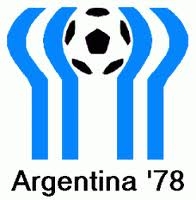
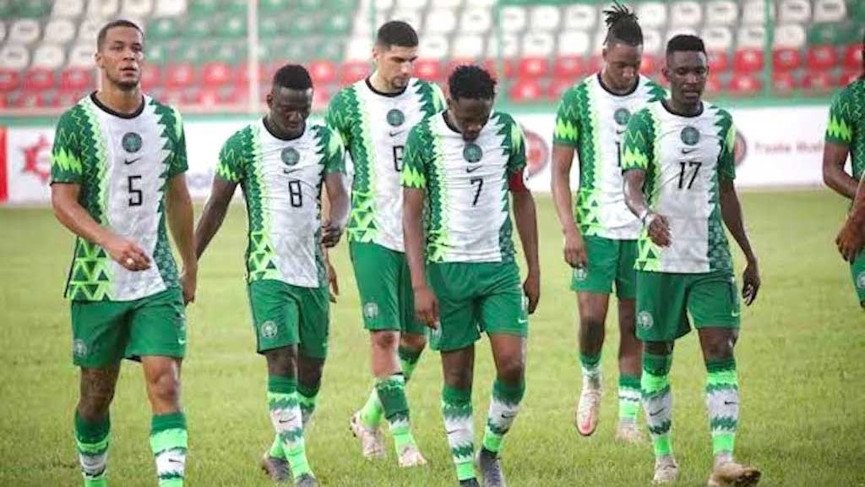
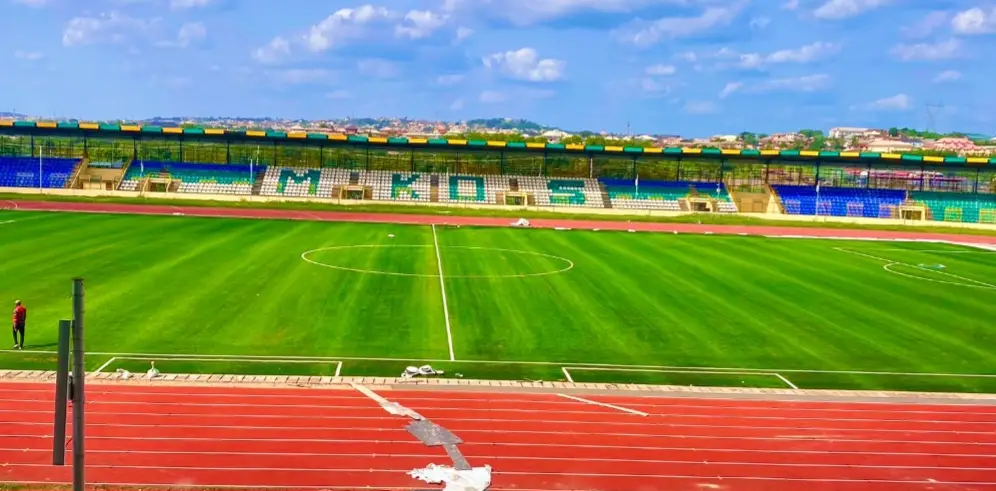
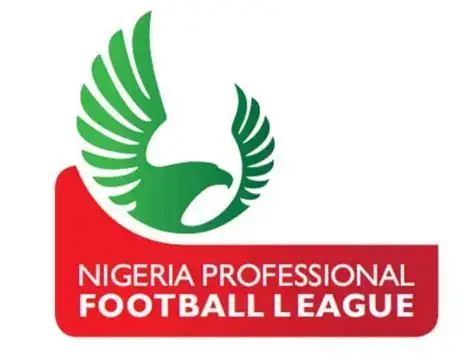
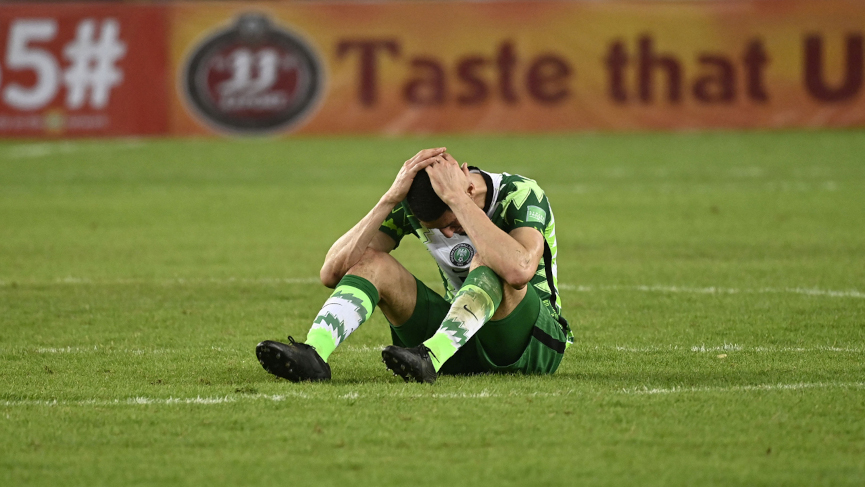
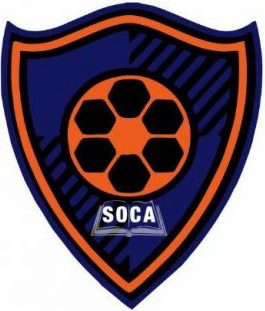



Latest Comments